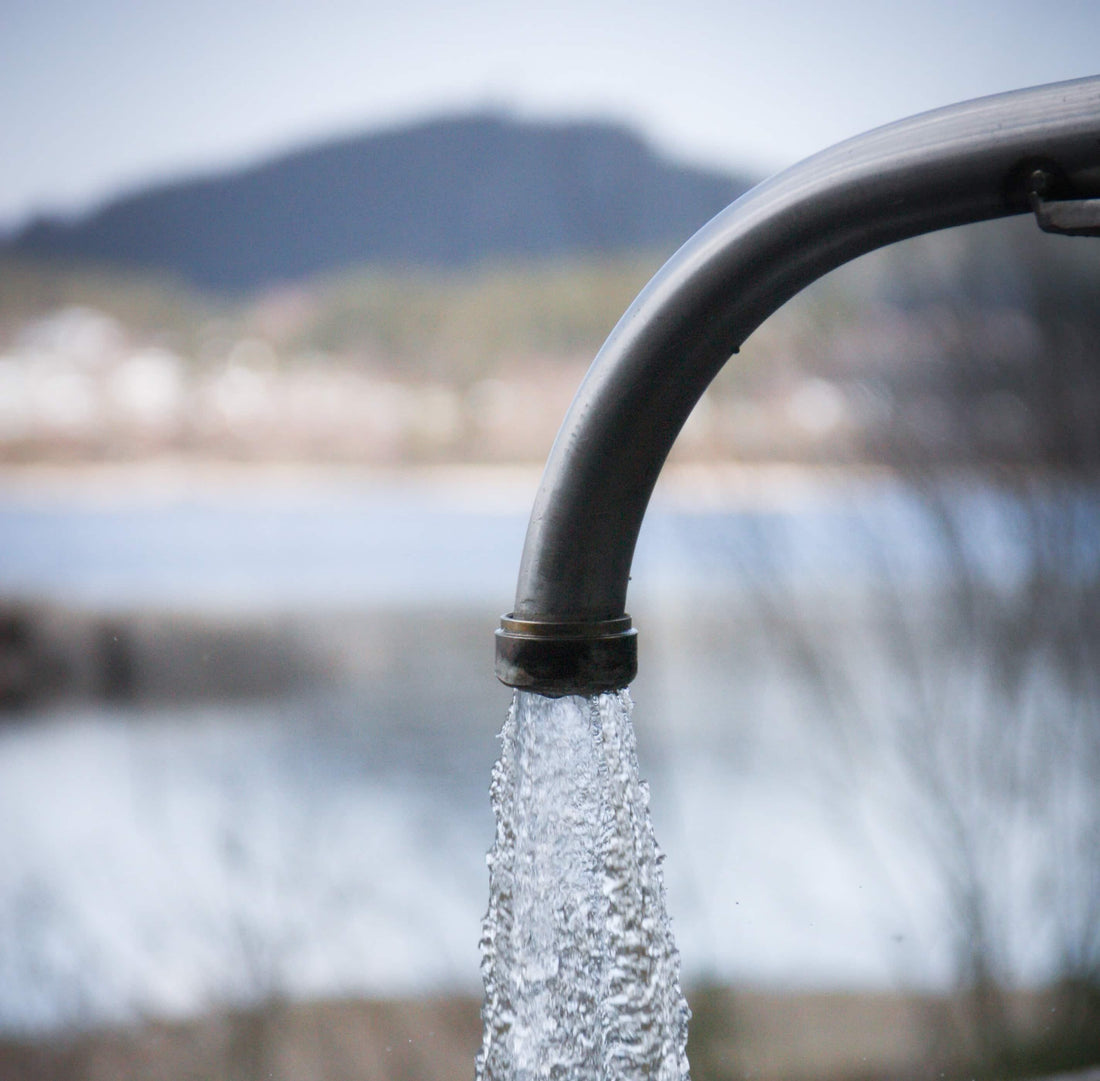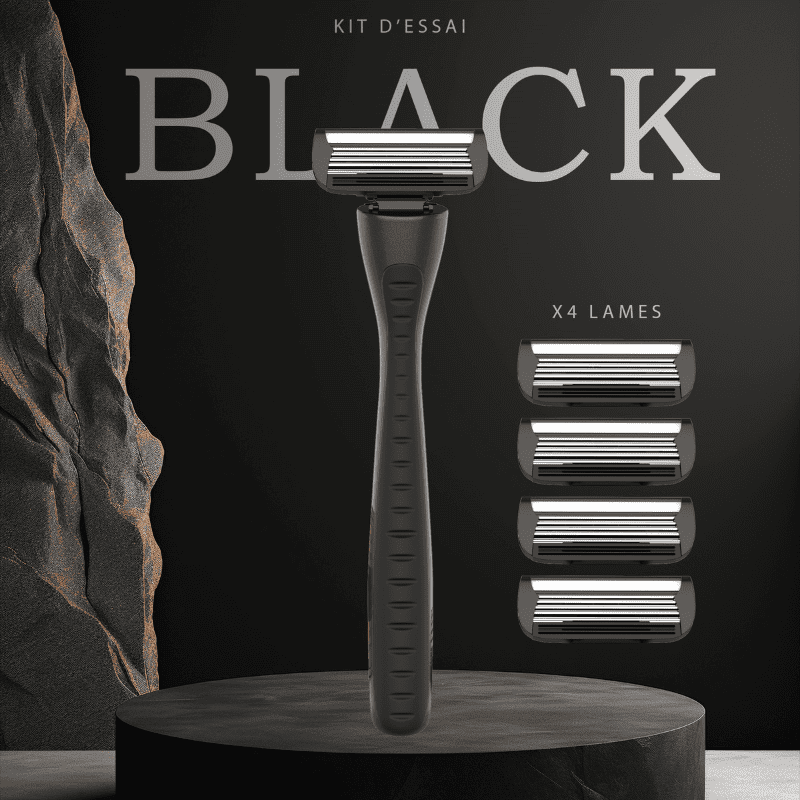Water is the key element of a good shave. It keeps the skin hydrated and helps soften the hair, making it easier to cut. The use of shaving oil forms a protective barrier, preventing water from evaporating during shaving. It is also the water that creates the lather on a shaving soap. So water is central.
Certain characteristics of water can strongly influence the final quality of the shave. We will review them here to help guide you in your quest for the most comfortable shave.
Water temperature
It is recommended to shave with hot water, but not boiling: be careful not to use water that is too hot to risk burning yourself. Hot water will dilate the vessels under the skin, and thus open the pores so that the hair can be taken and cut more easily by the razor blade.
However, it has been found that some men prefer to shave with cold water rather than hot water, especially in the summer. After all, one man's shave is not always another man's; everyone has their own preferences! Men who shave with cold water report that cold water tightens the skin and keeps the hair straight, making it easier to shave.
Do your own experimentation: shave with cold water for a week, then warm water for the next week, then cold water again for a week, and see what works best for you.
Water hardness
Water hardness has a direct impact on the creation of your lather. Have you ever noticed that with the same shampoo or shower gel, you get a different lather when you go on vacation? This was probably due to the change in water hardness: harder water requires more soap to create the same amount of lather as softer water.
The hardness of your tap water can be measured but this information is usually available on the internet depending on your area of residence. If you notice that your water is hard, you can install a water softener, or simply shave with distilled or demineralized water. Distilled water is easily found in supermarkets as it is also used in steam irons.
Water can also be softened by adding citric acid: the name sounds very chemical, but it is actually a natural and biodegradable acid. You can find it in the household products section of supermarkets or DIY stores. To soften your water, fill your sink with tap water and add citric acid. The amount to add depends on the hardness of your water. The easiest way is to experiment until you know the ideal amount of citric acid to add.
Some people have tested good quality shaving soaps but have not been able to create a nice lather because of the hardness of the water. If your shaving soap didn't give you the lather you were hoping for, try lathering it with distilled water or water softened with citric acid. The experiment won't cost you much, and could save you from throwing a great shaving soap in the trash. Use this softened water to wet your shaving brush, to clean your face before shaving, to make your lather, and to rinse your razor during shaving.
Shave at the sink or in the shower
Shaving in the shower has many advantages, but the disadvantages are not insignificant. The shower offers hot water all the time and the steam that comes out of the shower greatly helps to dilate the pores, making for a more comfortable shave. The sensation of hair being pulled out is lessened. However, not everyone has the opportunity to put a mirror in their shower, and the fog on the mirror does not help to adopt shaving in the shower. On top of that, the shower water that keeps running throughout the shaving process is far from environmentally friendly.
The best compromise is to shave at the sink right after the shower. But if you have other preferences, follow them!


